Langreview Kurzkritik English Version Fakten + Credits
Rape and sexual abuse are among the most horrific acts that one human being can commit against another. It is all the more dramatic that a terrible trend has been emerging for several years. After a low of rapes and sexual assaults per 100,000 inhabitants was recorded in 2015, the number of cases has been rising steadily.[1] However, the 2017 amendment to the Sexual Offences Act, which can be simply summarised as „No means no“, has a small influence on this. The purpose of this is that the clear statement „No“ always makes it clear to the sexual partner that a corresponding act is not desired and approved and that a further approach will accordingly be considered as coercion or rape. These are difficult to record statistically, but it is to be expected that the number is limited to about 30% of cases.[2]
This is what it is all about
Alexandre is a model young man who puts a lot of effort into his studies and lives the classic life of a bachelor. When he is visiting his family in Paris and attends a party with his friends, which also involves alcohol and drugs, he spontaneously meets Mila. It seems to be his great luck that she is not uninterested in his charming appearance and so it comes about that they part from the pack and have sex with each other in a nearby shed. However, this moment is to remain in his memory forever, because the very next day the police storm Alexandre’s accommodation and arrest him. The charge: abuse and rape of the young girl. The respected family is suddenly under massive public pressure and the question has to be clarified whether it was a consensual fling or whether a crime was knowingly committed.
Review
Les choses humaines will divide audiences and has the potential to evoke wide-ranging debate. It combines family drama and judicial drama, although the focus is clearly more on the latter. It is a fictional story, but based on a novel of the same name by Karine Tuil, which in turn is based on the „Stanford case“. Both the book and the original, however, present a very clear-cut case in which a crime is hardly debatable. Instead, Tuil deals with the family of the perpetrator and portrays the views of the individual family members and their arguments, which are primarily aimed at invalidating the abuse and alleviating or even overturning a conviction.
Director and screenwriter Yvan Attal, however, wants to take a much more neutral stance with his film adaptation and has made some changes in favour of the story. His work is dominated by questions such as: Where does rape begin? What exactly is sexual consent? Where do the boundaries of pleasure lie? Now, Attal could be accused of trivialising a rape in favour of a bourgeois, white and thus extremely privileged family and deliberately shifting the question of guilt. Instead, however, it seems as if Attal has extremely consciously characterised and placed each individual character in order to serve common prejudices and clichés and thus make it easier for the audience to form a clear opinion early on. Building on this, the story repeatedly questions the ideas of the audience, who are put in the position of the judges by the director in order to follow the taking of evidence on the one hand and to reach a final verdict on the other.
Debatable, but incredibly important
By separating the storylines of victim and perpetrator, which is made recognisable by a text panel but is rather difficult to see in the implementation, an attempt is always made to maintain a balanced picture and to offer both parties similar shares of attention. Unfortunately, this does not always succeed, for in fact there is a barely perceptible impression that neutrality is suspended now and then in favour of the perpetrator. This impartial point of view is maintained until the final scene and then suspended with a superfluous sequence. In addition, Les choses humaines deals a lot with the background stories of the individual roles, resulting in a drama with a playing time of 138 minutes that is far too long. Despite the sprawling running time, however, boredom does not set in, as the film team devotes itself to a subject matter that is more topical and controversial than ever and at times raises unpalatable realities.
Even if it is somewhat questionable why a male director would take on such a topic and then also place his wife Charlotte Gainsbourg and his son Ben Attal in the leading roles, it must be stated without a doubt that the performances of all those involved are completely solid and Attal’s son in particular can surprise with a versatile portrayal. Nevertheless, that very casting casts an unattractive shadow and reinforces critical perspectives that see this film as anything but a neutral examination. At the same time, however, exciting contrasts are built up by the diverse cast, which fuel the controversy of the plot and play with sympathies and antipathies on the basis of the character sketches. Power struggles in particular take on an important role and therefore show a comprehensible picture of reality.
Is the judiciary infallible?
For Les choses humaines, the director has dealt extensively with the subject matter, but above all also with investigating judges, police officers and lawyers, and tried to get as broad a picture as possible. He also attended a rape trial. This is clearly noticeable, because a really large part of the film takes place exclusively in the courtroom. The taking of evidence, the questioning of witnesses and the pleadings are illuminated in great detail, and a rather rigid camera creates the impression that we are merely observers of a real trial. In addition, Yvan Attal skilfully inserts short scene excerpts in 4:3 format, which present us with the actual course of events and enable and accelerate the progression of the plot. According to his own statement, the intention was to create an objective reality with these sequences shot on 16mm, in contrast to the controversial trial.
So instead of just developing an „ordinary“ rape drama, we get a film that creates a sense that a legal system is doomed to fail across the board. Neutral judges and magistrates are forced to resolve a question of guilt that cannot actually be resolved because of a „testimony against testimony“ situation. These are merely discretionary matters, but they can have a massive impact on the perpetrator and the victim, if these role models are at all appropriate at this point. The question remains: Is it rape if the victim says so or are there objective standards that go beyond an emotional feeling? Or also: when is sex and the perception of the partner’s sexual desire simply a „human thing“ and at what point is a line crossed?
 Conclusion
Conclusion
Even if especially the opening part has become a bit too dissolute, we are shown a terrific film that should be part of the basic material of the German education system. It raises an extremely topical and ubiquitous conflict that will encourage members of the most diverse opinion groups to discuss and let world views crash into each other. This, in turn, encourages discussion of a topic that is often attributed more to female anxiety, but actually describes a gender problem that affects everyone equally and can have extremely different effects. In addition, there is an attempt to create an understanding for the other gender. Les choses humaines is not only captivating but also relevant, controversial and courageous and should therefore not be missing from any watchlist.
How did you like the movie?
Source
[2] Falschbeschuldigungszahlen (Statistik), Kanzlei für Sexualstrafrecht, www.sexualstrafrecht.hamburg, abgerufen am 31.10.2022 *Deletet becaus of unproofed source



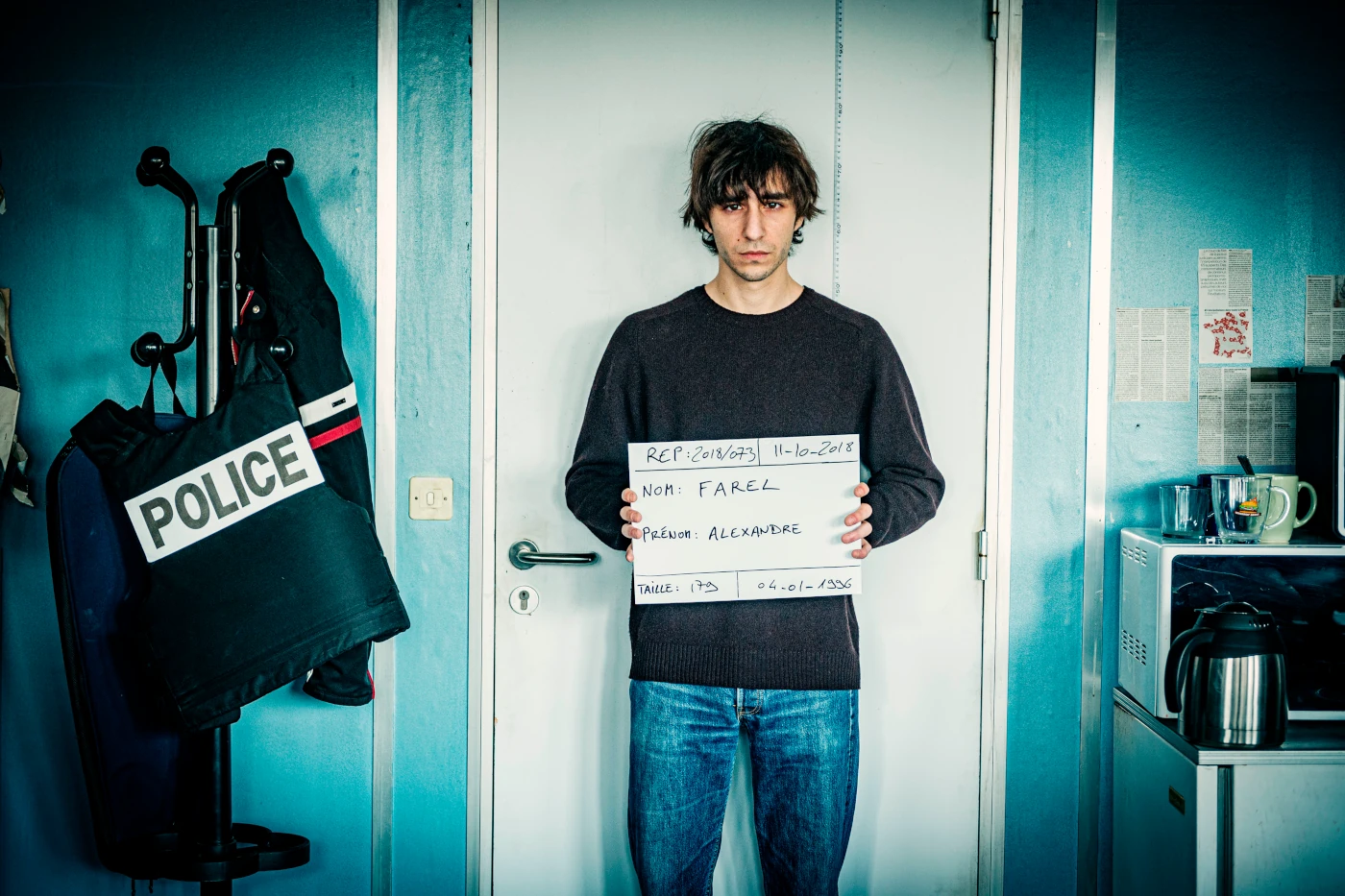
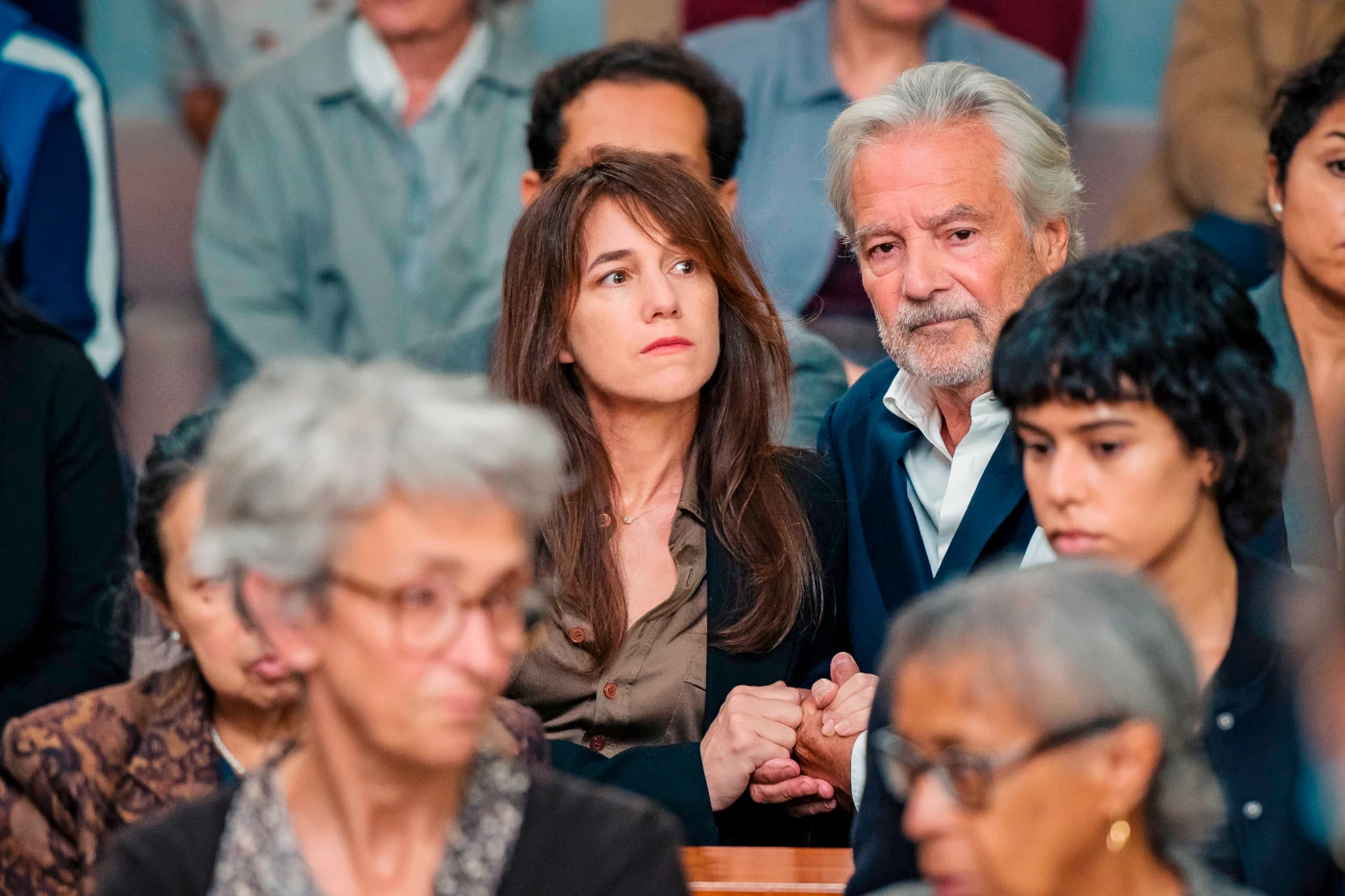
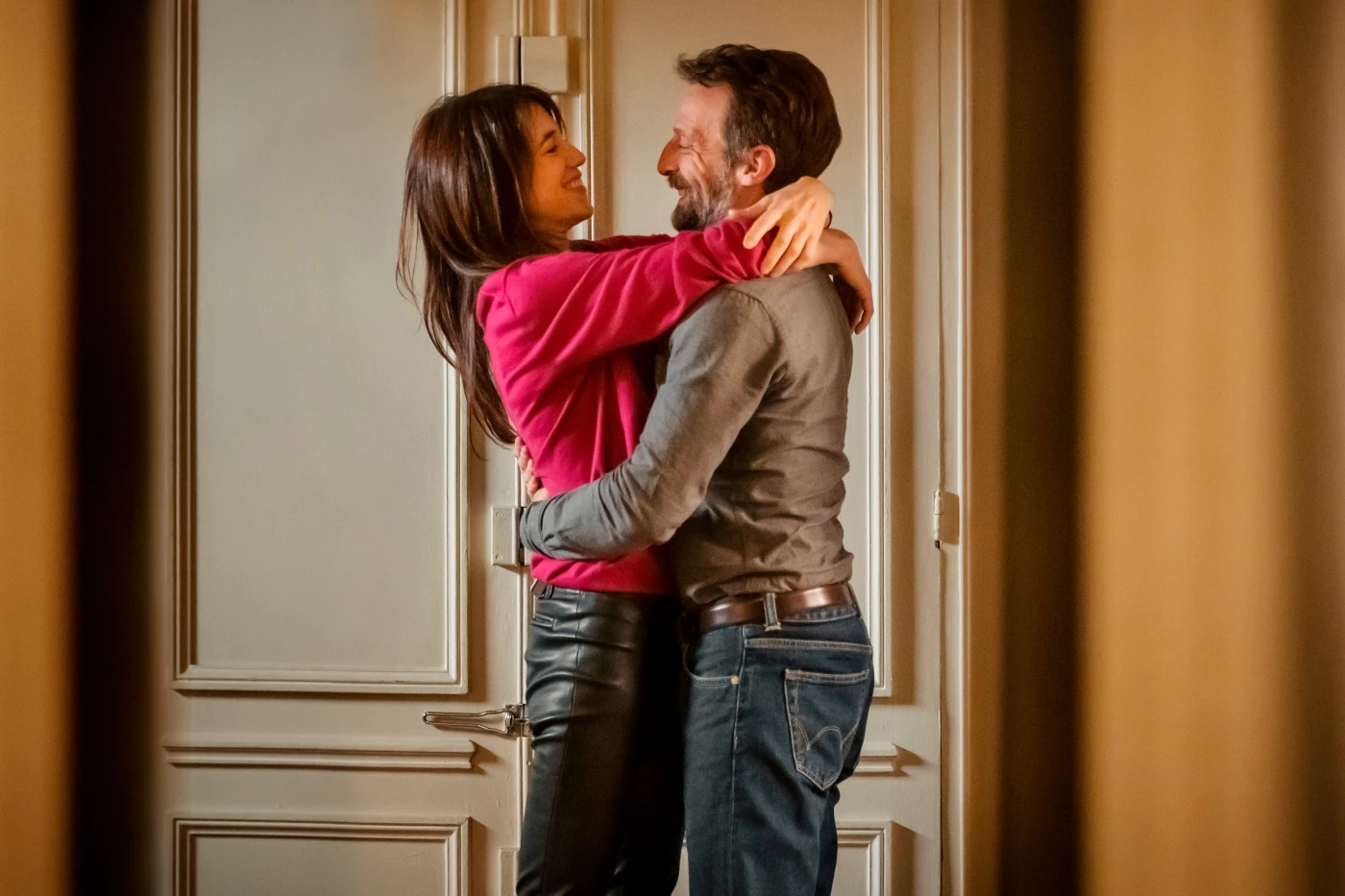
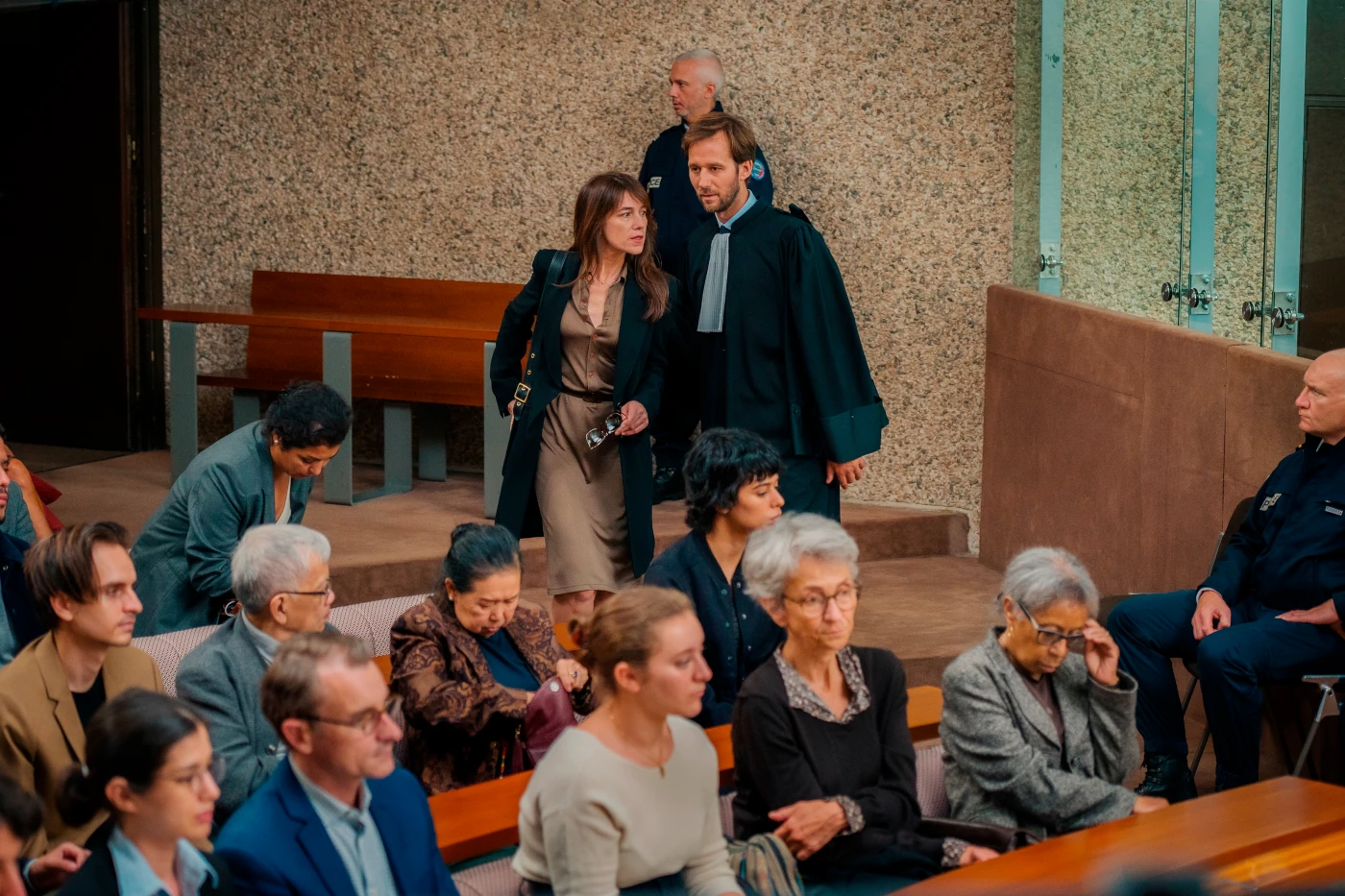







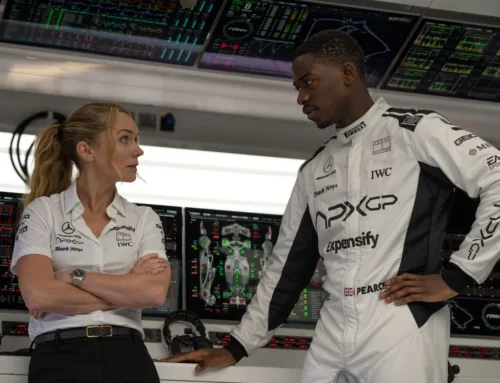
Hinterlasse einen Kommentar